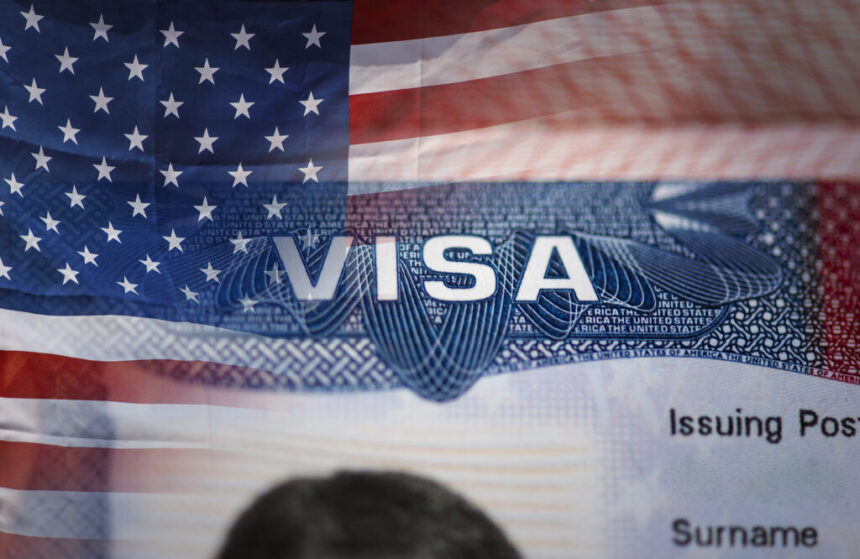Thousands of international students regain legal status after abrupt SEVIS terminations, but visa revocation policies remain unclear as U.S. authorities plan further changes.
International students across the United States breathed a temporary sigh of relief this week after the Trump administration reversed a major change that had impacted their legal status. Thousands of students whose Student and Exchange Visitor Information System (SEVIS) records had been terminated recently saw their status restored — but lingering confusion about visa revocations leaves many uncertain about their future.
The decision follows mounting pressure from students, universities, and legal advocates after widespread disruptions to SEVIS records surfaced earlier this month. In an unexpected shift, U.S. Immigration and Customs Enforcement (ICE) notified a federal court that it would reinstate SEVIS records for affected students while it develops a clearer framework for future status terminations.
During a court hearing involving Boston University student Carrie Zheng, U.S. District Judge F. Dennis Saylor announced that government attorneys had informed him of ICE’s change in position. According to an email shared with the court, ICE is now “developing a policy that will provide a framework for SEVIS record terminations.” In the meantime, Zheng and similarly affected students would have their SEVIS records restored or remain active.
The Department of Justice later confirmed in a court filing that not only the students who sued the government, but also many who had not pursued legal action, were included in the SEVIS reinstatements.
Also read: IMF Sees True World Economy Slowing Thanks to USA Tariff Policies and Trade Talks
The original SEVIS record terminations were triggered by a government search through the National Crime Information Center (NCIC) database. Students identified through the check were marked as “OTHER—Individual identified in criminal records check and/or has had their VISA revoked,” according to court documents. Offenses varied widely, from minor infractions like underage drinking and fishing violations to more serious legal issues. Notably, some students had no criminal record at all.
ICE clarified in its court communication that it would no longer modify SEVIS records based solely on NCIC findings. “ICE will not modify the record solely based on the NCIC finding that resulted in the recent SEVIS record termination,” the agency said.
According to Inside Higher Ed, over 1,840 students from more than 280 colleges and universities had reported issues with their SEVIS status as of Friday morning. However, it remains unclear how many students will ultimately have their records restored and within what timeframe.
Despite the restoration of SEVIS records, significant confusion persists regarding the status of students’ visas. Speaking to Reuters, Department of Homeland Security (DHS) spokesperson Tricia McLaughlin emphasized that while SEVIS access was reinstated for students without visa revocations, the agency had not reversed any visa cancellations.
Instead of reinstating visas, the Trump administration opted to reactivate SEVIS entries — a move that grants students temporary legal status to remain in the country. “The revocation of an F-1 visa does not constitute failure to maintain status and does not provide a basis to terminate F-1 student status under the SEVIS registration system,” ICE clarified.
Under existing U.S. immigration rules, an F-1 visa revocation does not immediately impact a student’s ability to continue studying. However, once a student departs the United States, their SEVIS record is terminated, and they must apply for a new visa before re-entering.
With no formal guidance yet issued by DHS, ICE, or U.S. Citizenship and Immigration Services (USCIS) on the SEVIS restoration process, international students are left navigating a murky legal landscape. Authorities are expected to release formal instructions in the coming days.
For now, while many students can continue their education uninterrupted, uncertainty remains high. Those whose visas have been revoked — even if their SEVIS record is restored — will still need to secure a new visa if they leave the United States.
As international students and universities await further clarification, advocates warn that the episode highlights broader vulnerabilities within the U.S. immigration system for non-citizen students.
“This may be temporary relief,” said one immigration attorney. “But it also signals that more robust, and possibly restrictive, policies could be coming soon.
Follow 10X Times for latest business news.






